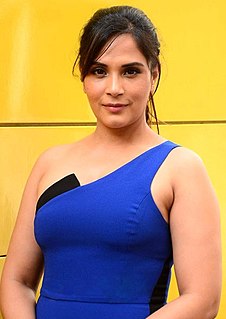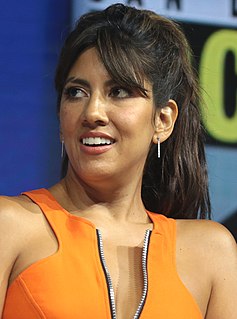A Quote by Sam Mendes
It took me a long time to film the plastic bag, and then I had to get the cut of the scene right. But if you find it as beautiful as the character does, then suddenly it becomes a different movie, and so did he as a character.
Related Quotes
I started 'SNL,' and I became the one who did impressions. I did that, but then I wanted to get an original character on, and that took a long time to get one on that stuck. And then I got Vinny Vedecci on - 'Oh great' - and then it took a couple more seasons to get Greg the Alien on. You have to have some patience.
It's funny - for a long time, I didn't know I was writing a book. I was writing stories. For me, each story took so long and took so much out of me, that when I finished it, I was like, Oh my gosh, I feel like I've poured everything from myself into this, and then I'd get depressed for a week. And then once I was ready to write a new story, I would want to write about something that was completely different, so I would search for a totally different character with a different set of circumstances.
The first thing that happens is the cleansing of the former character. I don't think a lot of actors talk about it, but there is usually a process where you essentially purge yourself of the character played prior to the movie. Then you want to think about what the character represents, and you write down all of the elements about this character and then take the time to find some synchronicity and start breathing the character.
American Graffiti was the first movie where the director let me have any input. It was the first time anyone ever listened to me. George thought my character should have a crew cut, but I wasn't happy with that idea. I'd always had pretty long hair back then - in college, particularly - so I told George my character should wear a cowboy hat. George thought about it and he remembered a bunch of guys from Modesto, California, who cruised around, like my character, and wore cowboy hats, so it turned out that it actually fit the movie.
If the animators could hide something so secretly that I could watch it numerous times, both on the computer and on the screen, and not pick up on it, then it deserves to be in the movie. But if they had more overt things, I'd often tell them to cut it out. In general, as long as they captured the spirit of the character, then they're fine. But sometimes it took a while, and we had to replace a lot of animators.
What gets yme excited about a project and character is the director, the script, who's involved in the movie, and the character. Those are pretty much the essentials. If it's something different, if it scares me, in a way, if it will stretch me or push me into certain places that I haven't been to, then I like that. If you're just trying to talk yourself into it, then it's probably not for you. It's hard to be selective.
If you're writing a bi character, did you look at a lot of bi actors for the role? Did you really go and find people that identified as queer? If you did, then great, and if you didn't find anyone you liked in that pool, well, that's surprising. If you write a character that's trans, the time is now - cast a trans actor.
Even one word, or certainly one sentence, should be able to describe the basic characteristic that the scene has, or the character has, or the story has. And then you begin to detail that one spine, and you have offshoots from that spine, and it becomes more and more complex, but all of it stems from that one-word, one-line theme, which can give the character, the scene, or the play its uniqueness.
I had creative control over my character, which means if they wanted me to do something that I didn't agree with, then I wouldn't do it. If it was good for the show, then I had no problem. If it was demeaning to the character and wasn't adding a positive light to the show, then I can guarantee that I wouldn't do it.





































